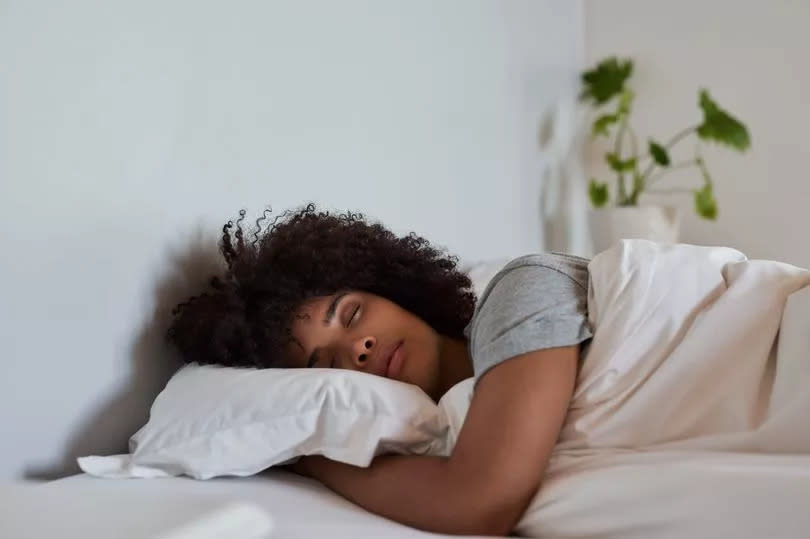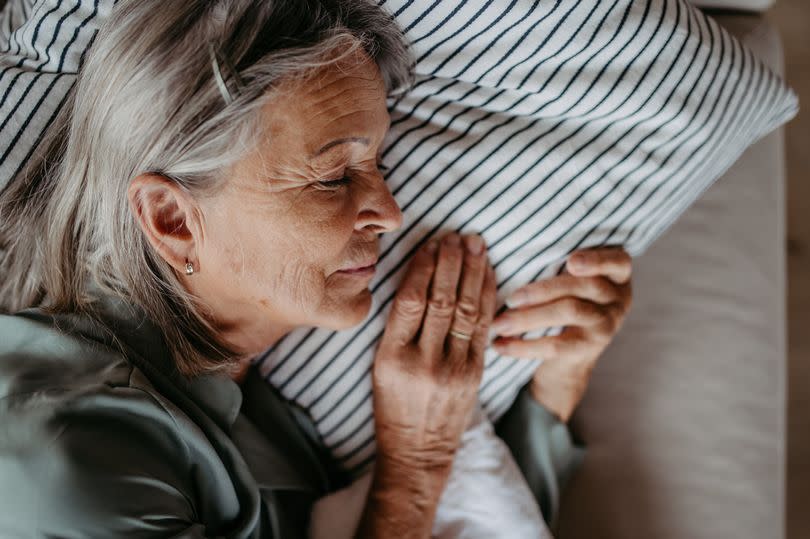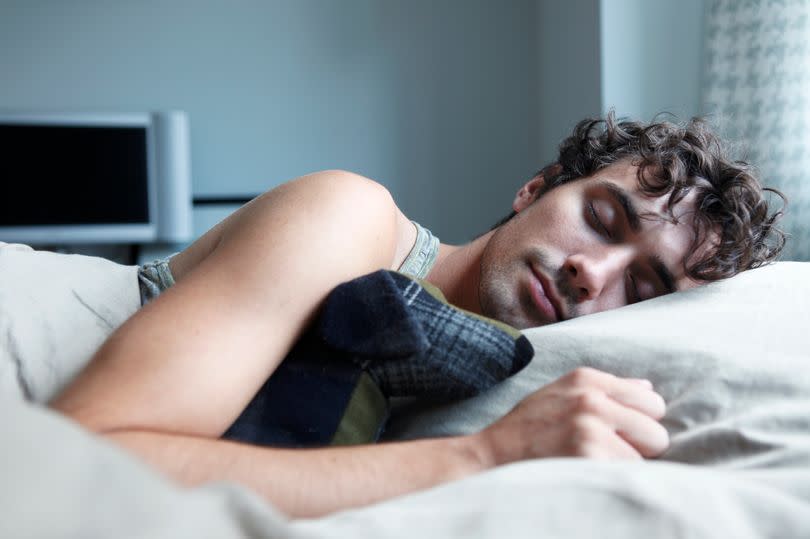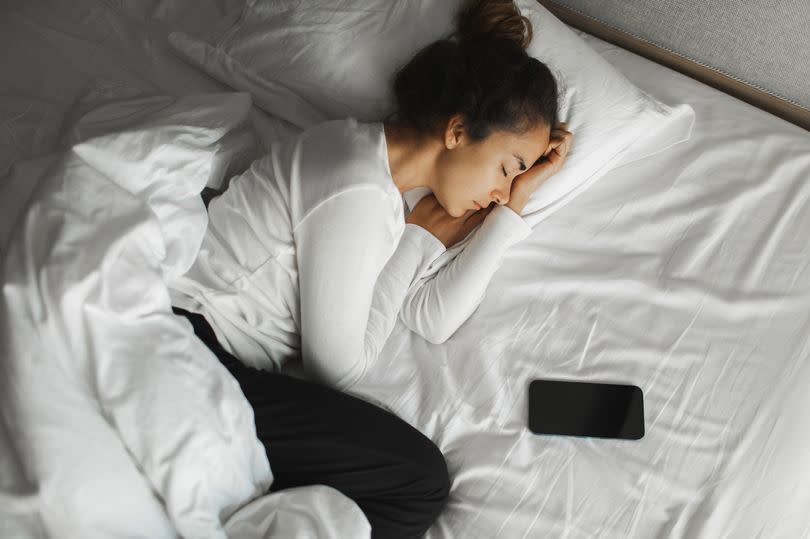How much sleep is too much sleep: Does longer in bed really lead to health problems?

When the end of working weeks rolls around, there’s nothing better than indulging in a lazy lie-in on a well deserved day of freedom. Yet while curling up in bed for an extended snooze-fest does quite literally sound like ‘living the dream’ - could oversleeping actually be damaging our health?
Many of us will no doubt have experienced the uncomfortable phenomenon of oversleeping in the past, when in instead of waking up with a spring in our step, fully refreshed to face the day - we feel more akin to hungover zombies, complete with grogginess, grumpiness and maybe even a health complaint to boot.
So how much sleep is too much sleep really?

READ MORE: Urgent health warning as fake weight loss jabs found in UK could be life threatening
According to the Royal College of Psychiatrists, the amount of sleep we need varies depending on our age. At the upper end of the scale are babies, who sleep for around 17 hours each day.
This is then followed by older children, who need only 9 or 10 hours a night, and adults who need 8 hours sleep to feel refreshed.
Older people also need the same amount of sleep, but will often only have one period of deep sleep during the night, usually in the first 3 or 4 hours. After that, they wake more easily. We tend to dream less as we get older.
This means that on average most of us will get around 8 hours a night, but some people can operate on far more or far less.
If you happen to find yourself sleeping for far longer than this, or consistently more than 9 hours a night as an adult, experts believe it could increase your risk of diabetes, heart disease and stroke - but additionally it may also be an indicator of an underlying health condition.
Why do people sleep for longer than eight hours?

The most common reason for sleeping for an extend amount of time, is simply exhaustion from a busy day - but some health conditions can also cause excessive tiredness and lead to extended sleep sessions, such as diabetes, a viral infection, or a thyroid problem.
Additionally, sometimes oversleeping can also have a psychological cause too, with many people suffering from depression also wanting to spend longer in bed as a means of delaying having to wake up and face a stressful day.
Another possible health factor to consider is the quality of the sleep you have been getting, as consistently waking up tired instead of refreshed could mean that you haven’t experienced enough deep sleep or good equality sleep to properly recharge.
One possible cause of poor sleep is sleep apnoea, a condition in which you snore loudly and even stop breathing for short periods in the night. This happens because the upper part of your airway closes. Every time you stop breathing, you wake suddenly and your body or arms and legs may jerk, leading to interrupted sleep.
The condition is more common in older, overweight smokers and heavy drinkers, and modifying your lifestyle around these factors could make a huge difference.
How can I practice good sleep hygiene?

Getting a good night’s sleep is often easier said than done, but several things can be done to help improve the quality of your sleep, with many solutions requiring only a small change to your daily routine.
Despite what you may think, a good sleep schedule doesn’t actually start at bedtime but in the morning, with The Sleep Charity, advising that you get out into natural light as soon as is practical in the morning, and ideally around the same time every day in order to reset our internal body clock. This has the added bonus of helping to make us feel more alert.
Another tip the charity shared is to engage in daytime exercise and to avoid caffeine around 8 hours before bedtime, to give it enough time to work its way out of your system and help you to wind down.
By evening, another top tip is to refrain from going to bed hungry or thirsty, and to avoid using electronic devices before bedtime as the blue light from these devices can stop us from becoming sleepy.
When bedtime finally rolls around, going to sleep in a cool, dark quiet bedroom can make the world of difference, as can reserving the bedroom for sleeping rather than watching TV.
Experts also suggest minimising visible clocks in the bedroom as clock-watching could lead to increased anxiety which would be detrimental to falling asleep.
For more help and support regarding your sleeping patterns, visit The Sleep Charity, or speak to your GP

 Yahoo News
Yahoo News 
